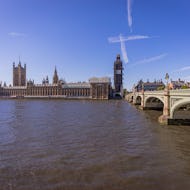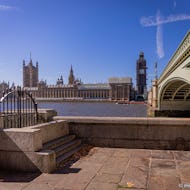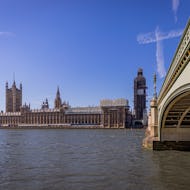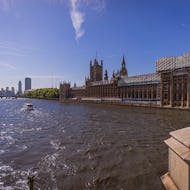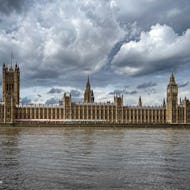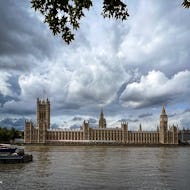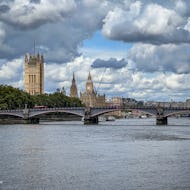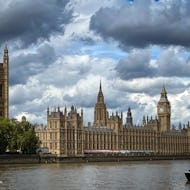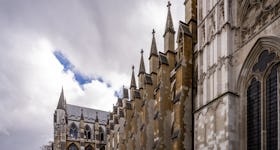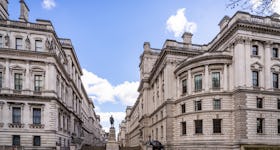History
Origins and Early Years
The palace dates back to 1042, when Edward the Confessor ordered the construction of a palace in Westminster, which then served as the primary residence for the monarchs of England until 1512, when a fire destroyed the royal apartments of the palace. After the fire, Henry VIII moved the Palace of Whitehall, making the palace the permanent home of the parliament.
1605, in a famous incident, Guy Fawkes tried to blow up the Houses of Lords, luckily without success.
Reconstruction in the 19th Century
A fire in 1834 destroyed most of the palace. Sir Charles Barry and Augustus Pugin were the chief architects for the rebuild to its current Victorian Gothic Revival form. The rebuild started in 1840 and took over 30 years to complete.
Architectural Highlights
The Palace of Westminster is known for its Gothic Revival architecture, which is immediately recognisable worldwide. The architecture of Westminster Palace is awe-inspiring, and the intricate details that adorn the building are a testament to the exceptional craftsmanship of the designers.
The palace features three towers. The tallest of the towers is Victoria Tower, which is 98.5 metres tall. The second tallest tower is the 96 m tall Elizabeth Tower that hosts the Big Ben. The 3rd of the towers is the 91 m tall Central Tower.
The palace’s interiors are equally stunning, with ornate ceilings, grand staircases, and lavish furnishings. The famous House of Commons and House of Lords, St. Stephen’s Hall and Central Lobby are all fascinating places to see.
Cultural Significance and Representations
The palace is recognised as a symbol of London and has been seen in countless movies or TV series. It has also been mentioned in many of Charles Dickens’ books.
Tips for visiting The Palace of Westminster
There are several types of tours available. During a multimedia tour, you can go at your own pace, following a multimedia guide to discover interesting facts about the history of the building. In addition to the multimedia tour, a 90-minute guided tour is available with an expert guide that includes the House of Commons, House of Lords and Westminster Hall. Buying tickets in advance is usually a good idea, especially for the guided tour, as it is often sold out.
There are also other types of tours available from time to time. Information about other types of tours is available from the palace’s website. For information about Big Ben tours, check out our Big Ben page.
As usual, early mornings often had good availability, but you’ll need to check the current situation from the tour ticket page on the Palace of Westminster website.
Location
The area around the palace has a lot to offer. Big Ben, Westminster Abbey, 10 Downing Street and even Buckingham Palace are within a short distance. We also recommend the Westminster Bridge and the opposite side of the Thames for taking pictures of the palace.
